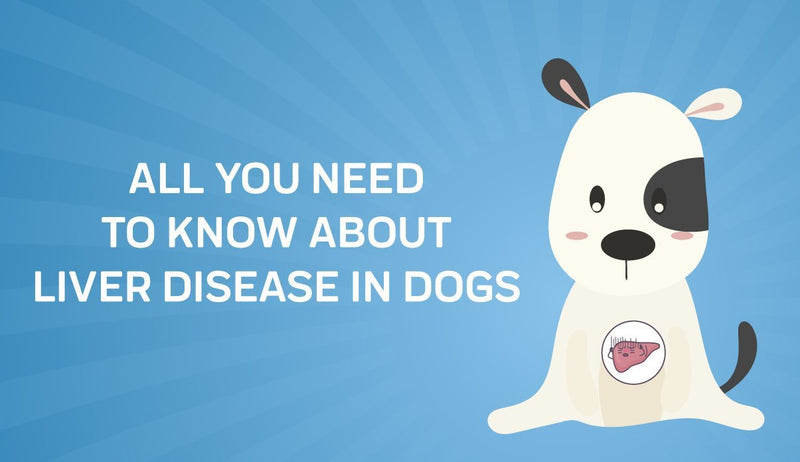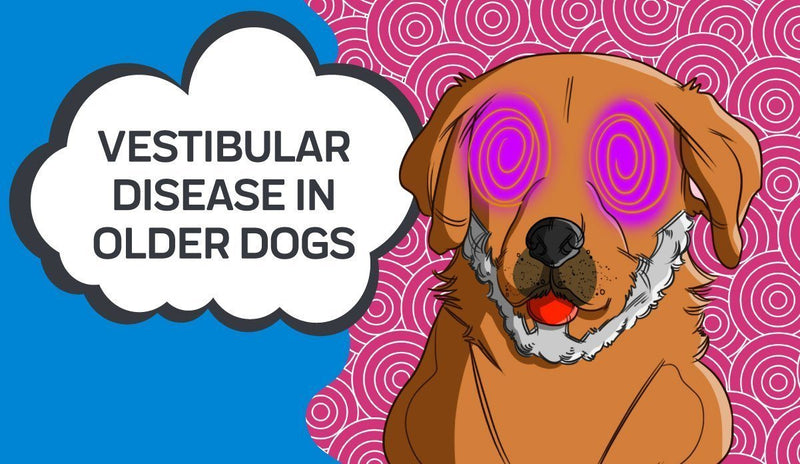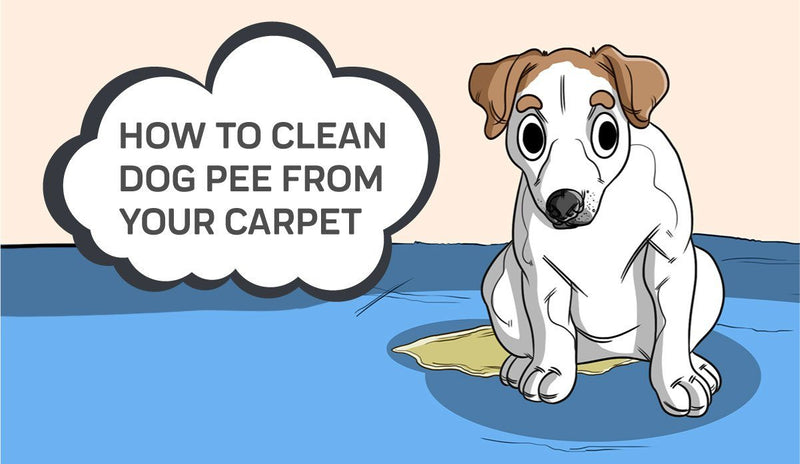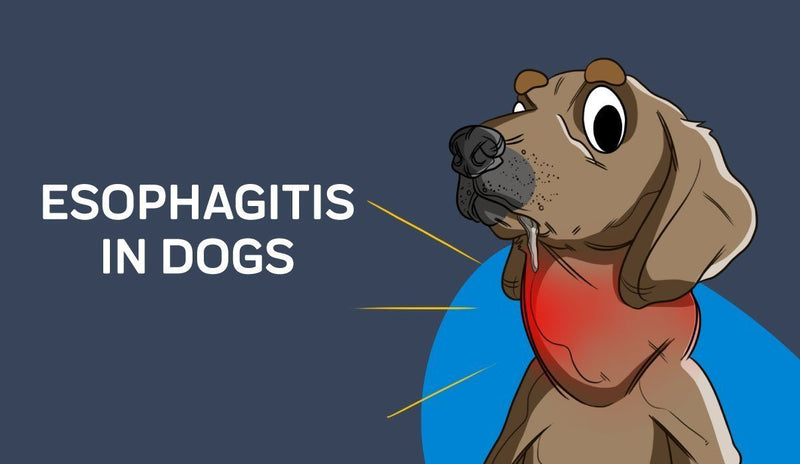
Many of us struggle to feed ourselves healthy food on a daily basis, so it’s no wonder many dog owners are just as lost and confused when it comes to providing their pups a balanced diet. When we think of healthy food, we automatically imagine fruits and vegetables, but what are a dog’s common nutritional needs? Do they require the same healthy foods, vitamins, and macronutrients as us? And let’s definitely be square on what a dog shouldn’t be eating, right? And finally, let’s throw in the fact that many diets — whether they’re for humans or our pets — are simple trends that fade and pass over time as we learn more about nutritional needs.
If you’re completely lost on the topic of doggy nutrition and don’t even know where to start, you’re certainly not alone. A recent study in the UK revealed that many dog owners know surprisingly little about their pet’s food. For example, a third of owners in a survey didn’t know that chocolate was harmful to dogs. And further, a recent release from the United States Food and Drug Administration alerted pet owners and veterinary professionals that some foods owners might think are healthy, which contain peas, lentils, other legume seeds, or potatoes as main ingredients, were in fact linked to reports of a canine dilated cardiomyopathy (DCM). DCM is a disease that results in an enlarged heart. As a result, the heart’s chambers become dilated and the heart has difficulty pumping, with potential for leaking heart valves and a build-up of fluids in the chest and abdomen. “Heart function may improve in cases that are not linked to genetics with appropriate veterinary treatment and dietary modification, if caught early,” the alert said. The intrigue about that FDA warning was that officials felt it may be linked to food pet owners were giving their dogs under the impression they were actually contributing to a healthier and more nutritious diet.
With that said, we also tend to give our dogs food that’s marketed specifically to them — dry kibble or canned wet food with recipes targeted for dogs, whether it’s to please their taste buds or claiming to provide the best nutrition — without giving as much thought to how “natural” those foods may be. And the “dry food versus wet food” debate is a constant centerpiece of it all.
In late 2018, Science Daily published the results of research on the topic, compared the two in a study of eight beagles who were given each diet for one month. The pet food company they worked with, Freshpet, wanted to see which foods dogs really like best, which are most digestible, and probably just as important, how each one affected the dogs’ overall activity. They gave them three commercially marketed fresh and raw diets and a kibble diet. This included a lightly cooked, roasted and refrigerated diet, a cooked grain-free roasted refrigerated diet, and a raw diet. The cooked diets were pasteurized and the raw diet was treated with acidifying bacteria intended to make the food “inhospitable” to dangerous microbes.
"The roasted diets come in a meatball form, and the raw diet was more like a big sausage roll that you cut up and feed to the dog. All diets were chicken-based, but some had added beef, salmon, or chicken liver. Each diet also contained a vitamin and mineral mix, and a dry mix of plant products like sweet potatoes, kale, spinach, cranberries, and carrots," said Kelly Swanson, corresponding author on the new study. "People are familiar with those ingredients so they like to see them included in their pets' diets. Although specific ingredients are not needed in the diet of dogs and cats, as many options can result in an acceptable nutrient profile, those ingredients are of high quality and are nutrient dense.”
After a two week transition period between diets, each dog was tested and monitored for “voluntary physical activity” and stool and urine samples were tested to get an overall sense of their health. It was found that the roasted diets were more digestible for the dogs than kibble while both the grain-free roasted diet and the raw diet resulted in lower blood triglyceride levels than the kibble diet. It might seem surprising to some that those foods were coincidentally higher in fat content than the kibble. Researchers also found a significant shift in the microbes that inhabit the gut when dogs were on the raw and roasted diet as compared to the kibble-based diets.
"As far as diet format and market segment is concerned, it ultimately comes down to consumer preference and philosophy. As long as a diet is shown to be safe and meets the nutritional needs of the pet in question, it is an acceptable option to me. If an owner is willing to pay more for premium ingredients and/or an improved processing method, I am fully supportive. To me, the most important thing is testing these new diet formats and products before they are commercially available,” Swanson added.
With all that said, there seems to be a trending push toward a more “natural” diet, with some dog owners even seeking out a strict paleo diet — a diet based on proteins and vegetables, like meats, nuts, and fruits — for their dog. The belief is that dogs aren’t meant to eat processed foods like kibble, whereas a more natural paleo-style diet can be executed if for no other reason than it consists of the same foods you would eat yourself.
“We know that in modern food processing, all meat is contaminated with bacteria. End of discussion–period! It’s all got bacteria,” says Dr. Hofve. “The real concern is with people handling the food because certainly, people have gotten salmonella from handling food that had salmonella on ” says Jean Hofve, veterinarian and author of Paleo Dog: Give Your Best Friend a Long Life, Healthy Weight, and Freedom from Illness by Nurturing His Inner Wolf. “The whole lifestyle includes training, exercise, and good, proper rest, which the way we talk about it is not something you’ve heard before.”
















